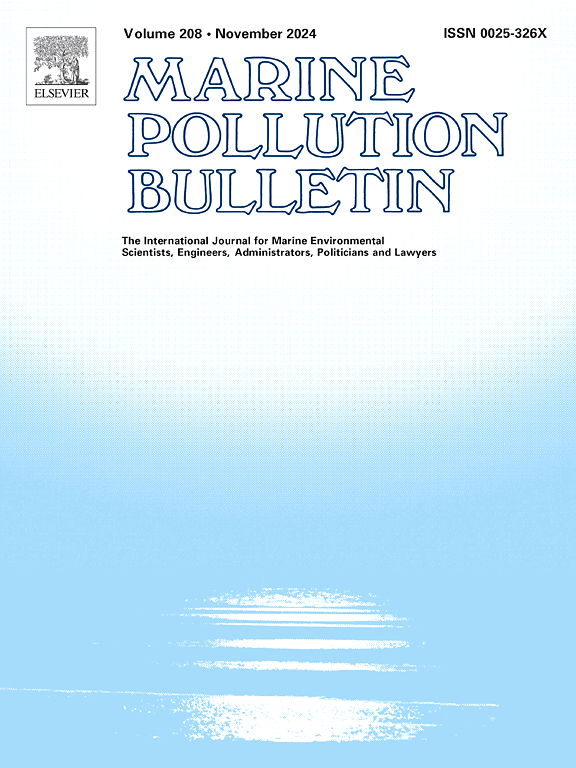Developing a harmonized decision framework for shoreline marine debris monitoring across APEC economies
IF 5.3
3区 环境科学与生态学
Q1 ENVIRONMENTAL SCIENCES
引用次数: 0
Abstract
This study presents a harmonized decision framework to guide APEC economies in designing shoreline marine debris monitoring programs. By reviewing 31 monitoring programs, we identified five core elements of goals/objectives, debris targets, spatial scale, data collection and management practices and developed eleven decision criteria to guide program design, including objectives, debris size, categories, spatial scale, site selection, training, intervals, measurements, quality control, database management, and data analysis. The study emphasizes tailoring programs to local contexts while ensuring global comparability. Case studies from Peru and Chile validate the framework's adaptability, addressing diverse environmental and economic needs. Key findings highlight the importance of resource efficiency, quality assurance, and technological tools for data management. The framework balances standardization with local adaptability, promoting globally comparable monitoring efforts.
求助全文
约1分钟内获得全文
求助全文
来源期刊

Marine pollution bulletin
环境科学-海洋与淡水生物学
CiteScore
10.20
自引率
15.50%
发文量
1077
审稿时长
68 days
期刊介绍:
Marine Pollution Bulletin is concerned with the rational use of maritime and marine resources in estuaries, the seas and oceans, as well as with documenting marine pollution and introducing new forms of measurement and analysis. A wide range of topics are discussed as news, comment, reviews and research reports, not only on effluent disposal and pollution control, but also on the management, economic aspects and protection of the marine environment in general.
 求助内容:
求助内容: 应助结果提醒方式:
应助结果提醒方式:


